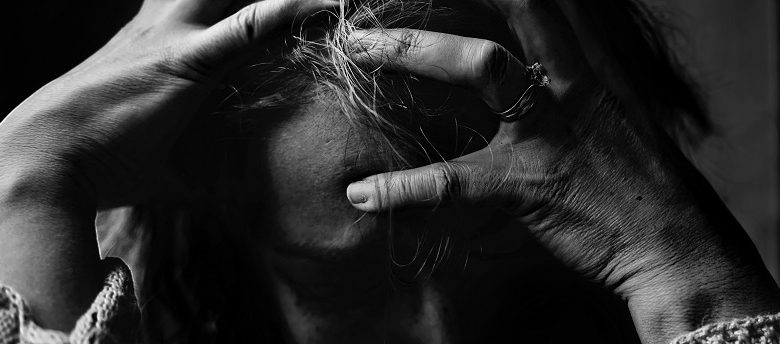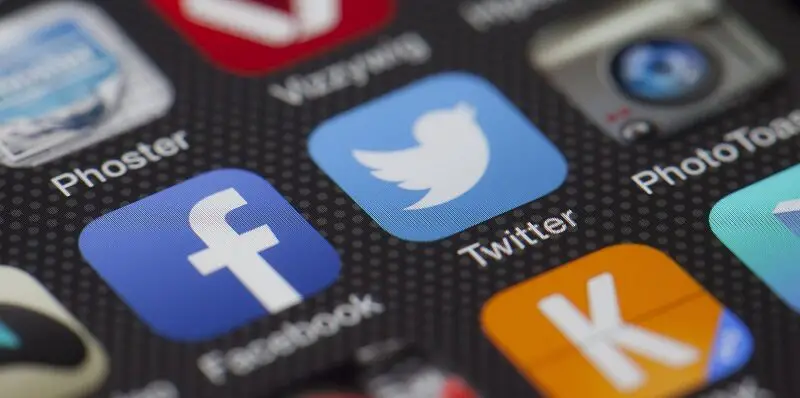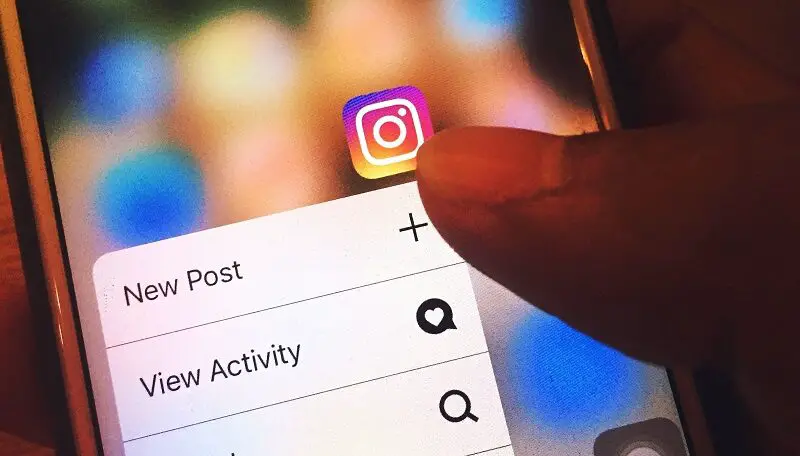
The damaging effect of social media positivity on disabled people
This is an updated post from our archives. The article explores how the pervasive positivity on social media can negatively impact disabled people by invalidating their experiences and promoting ableist narratives. It discusses the pressure to maintain a positive facade and the detrimental effects of dismissing genuine struggles.
How many times do you scroll through Facebook or Instagram posts that aren’t brimming with cheerful vibes? All those never-ending updates about how life is a breeze and constant bragging about someone’s new accomplishment might actually harm your mental well-being. On World Mental Health Day, Raya, a keen storyteller, reveals the potentially toxic side of social media, especially if you have a disability.
One of the things I find hardest to stomach on social media is advice to ‘stay away from negative people’ or that ‘barriers and obstacles only exist in your mind’. For someone who has lived with disability since birth, I find such quotes not only insult, but actually increase my inner struggles.
I rarely discuss my feelings (and certainly not on the public forum of social media) for fear of being labelled as ‘negative’ or ‘moany’. But, having spoken to a number of people, I have discovered that I am not alone.
Mental wellbeing and disability
For as long as I can remember, I haven’t felt comfortable enough to talk about anything that has affected my mental wellbeing. This is partly because there has always been a ‘persona’ that I have felt I needed to portray at different stages of my life.
But it’s also because being a disabled female, and from an ethnic minority, has put added pressure on me. For a long time, I have felt that it is my duty to act ‘positive’, as an ambassador for the disabled community. I believe that I have to do my part in challenging society and the media’s portrayal of disabled people.
I guess I was lucky that during my teenage years social media did not exist. But there was a different form of pressure. It was one that came from the mind of a young naïve girl who lacked self-confidence and disliked her appearance, who was also desperate to fit in and be accepted.
I have had to deal with rejection, hurtful comments and, at times, being mocked. Yet I had no choice but to keep it to myself, to deal with it by being silent. I didn’t want to carry the label of ‘defenceless disabled girl‘ who could not cope with mainstream school, especially after I had fought so hard to attend one.
I could not even talk about this to my family or friends. They saw me as strong and brave and I had to keep this up.
Social media and mental health

The advantage back then was that I did not scroll through social media seeing other disabled people enjoying themselves and making the most of their school days. Now, the opposite is true.
I have witnessed first-hand how both disabled and non-disabled people have endured abuse and bullying at the hands of their peers. No longer do I just see the positive posts from people, but the backlash of haters and trolls added to the mix.
So I began to believe that this is the norm. It made me feel fortunate that I was able to hide my pain and struggle. I became even more convinced that showing vulnerability would make me more of a target. However, if I acted strong and unhinged by whatever was thrown at me, then the bullies would know that they wouldn’t succeed.
Being an ambassador for disabled people
Although the years have passed, I am still not open about the difficulties I face because I have been taught or conditioned by society that showing vulnerability is a sign of negativity. This isn’t something that anyone needs in their lives. If you are a disabled person wanting to be accepted, then it feels as if you have to put in more effort than your average non-disabled person.
I am trying to convince people to see beyond my disability, so surely if I show any sort of weakness or real life then that will automatically be attributed to my condition, which is far from the truth. But the end result will be counterproductive, as it will be assumed that I am depressed because of my disability and will be slowly distanced away from.
This brings back my earlier point, if you are a disabled person you have a double weight on your shoulder – in your quest to make people accept disability you have to offer the best version of it.
But in not being true about or to yourself, you’re harming your own mental health by carrying so many bottled up feelings, and other people’s mental health by presenting an unrealistic view of life.

Looking for perspective
You will often see the trend on social media where so many disabled people/influencer will post the best version of their daily life. Initially, I used to scroll through and think, “Why do I lack these qualities?” “Why do I struggle when so many other people with more severe disability are coping brilliantly and living their life to the full?
I became convinced that the problem must lie within me and not society. To cope with this feeling I started swiping or skipping such posts. I needed a refuge within my own community of disabled people. But sadly I got the opposite and felt totally excluded.
I joined closed Facebook groups because I believed that that would be a protective environment where people would be more open as there was no audience to serve. I was partly right – people were more open about different issues. But no one ever discussed their mental health or emotional battles.
Posting what’s real on social media
In the last few weeks, I have finally found a figure I was eager to follow and admire. To me, she is everything I struggle to be – open and honest.
Jemma, a model, lives with Muscular Dystrophy. I started following her on Instagram three years ago because I was intrigued – you rarely see disabled people being models, let alone those with muscle weakness. She had also started using a feeding tube.
Getting a percutaneous endoscopic gastrostomy (PEG) is when I started following her account more closely. It was no longer full of photos of her modelling, but it became almost a personal blog of her battle with this sudden and rapid change in her life.
I watched her emotional and physical roller-coaster as she attached an invasive and overtly visible tube to her body – a body that she has always loved and been proud to confidently model.
Through her daily posts, I began to read her honest account of this journey. How she cries herself to sleep but pushes herself to cope. How she detests the tube and her body, but knows that she has no option other than to learn to love it again and accept the tube as an integral part of her life.
Although I don’t share Jemma’s physical issues, I am in awe of her honesty and her ability to detail emotions that I never see anyone on social media share so openly.
In my eyes, she has become an icon for real change. A change to make our world, and especially the virtual one, a more inclusive one, where people can be encouraged to share their low days as well as the positive side of life.
We must be more balanced and honest in what we post or share on social media. Seeing quotes that advise us to keep away from anyone negativity makes people hide their problems for fear of being left alone. If we want to change the ‘negativity’ in people to positivity, we need to focus on the behaviour to find the cause and help to change it.
Social media is a powerful tool for people living with disability. But it can also have a very damaging effect. That is why we all need to be more careful and considerate when we post on social media.
Remember that discussing your struggles rather than just focusing on your achievements is equally, if not more, important as it offers hope.
By Raya AlJadir
Understanding Toxic Positivity and Its Impact on Disabled People
While positivity can be uplifting, toxic positivity—the dismissal of genuine emotions in favour of a cheerful facade—can be harmful. For disabled people, this often manifests through societal expectations to “overcome” disabilities or view them as mere obstacles to happiness.
- Invalidation of Experiences: Encouraging constant positivity can dismiss the real challenges faced by disabled people, leading to feelings of isolation.
- Perpetuation of Ableism: Phrases like “mind over matter” suggest that disabilities are simply mental barriers, ignoring physical realities and reinforcing ableist perspectives.
- Emotional Suppression: The pressure to appear positive can prevent individuals from expressing true feelings, hindering mental health.
It’s crucial to recognize and validate the diverse experiences of disabled individuals. Embracing authentic emotions fosters a more inclusive and supportive environment. For more insights on this topic, visit The Impact Offensive Language Has on the Disability Community.
More on Disability Horizons…
- 10 celebrities who have struggled with mental health
- How autism spectrum disorder made one woman a poet
- My trials and tribulations with manual and electric wheelchairs
Originally posted on 09/10/2019 @ 11:05 pm